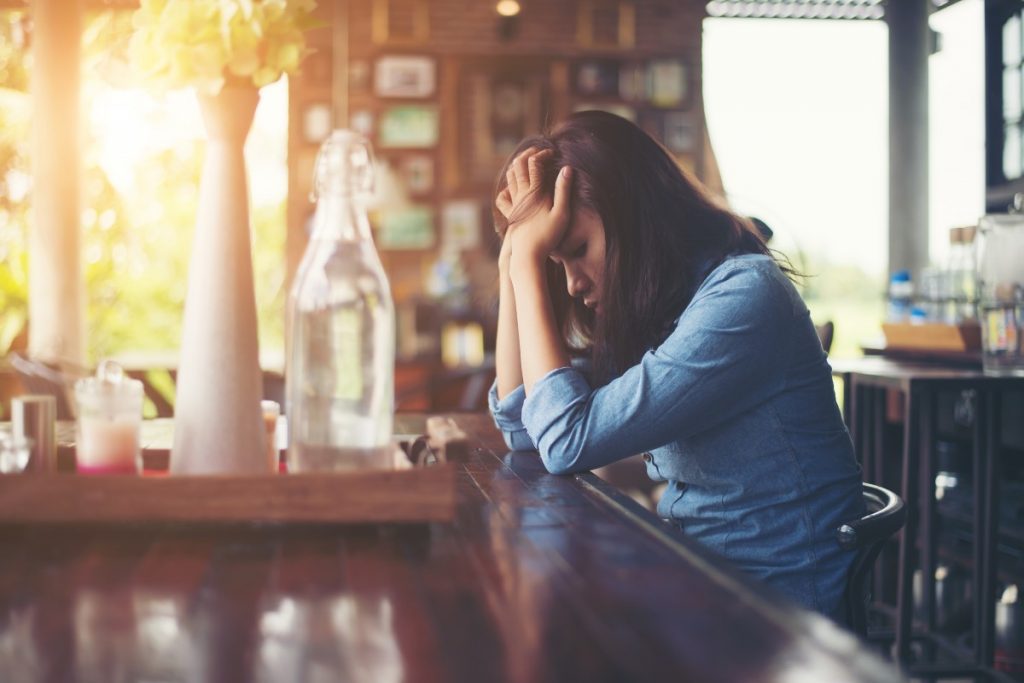
We’ve known it for months — that women have been bearing the brunt of the world’s job losses and income cuts throughout the ongoing coronavirus crisis.
Unfortunately, that trend doesn’t seem set to change anytime soon. According to the International Labour Organization, a United Nations agency, women’s employment prospects will take longer to rebound than men’s.
In fact, men’s employment levels are expected to rebound to 2019 levels this year, while 13 million more women will be unemployed this year than were before Covid-19 took hold. To put it another way, “only 43.2 percent of the world’s working-age women will be employed in 2021, compared to 68.6 percent of working-age men,” the ILO’s release says.
A significant reason for the disparity — beyond women being saddled more frequently with childcare and caregiving duties — is that the industries most impacted by Covid-19 are ones that more often employ women. (Think food services and hospitality.) The United States ranked the lowest in this regard, with a 9.4-percent reduction in employment observed in American women.
Meanwhile, in some encouraging news, women are faring better in nations that enacted policies specifically to protect women workers. “In Chile and Colombia, for example, wage subsidies were applied to new hires, with higher subsidy rates for women,” the report says. “In other cases, such as Mexico or Kenya, quotas were established to guarantee that women benefited from public employment programs.”
Going forward, the ILO suggests more of these women-focused initiatives, to ensure that one half of the world’s population is as able to economically recover from the pandemic as the other half. Suggestions include investing in industries that more frequently employ women, promoting international equal pay, and addressing ongoing harassment and violence issues for women in workplaces the world over.
“‘Building forward fairer’ means placing gender equality at the core of the recovery effort and putting in place gender-responsive strategies,” the ILO says.



